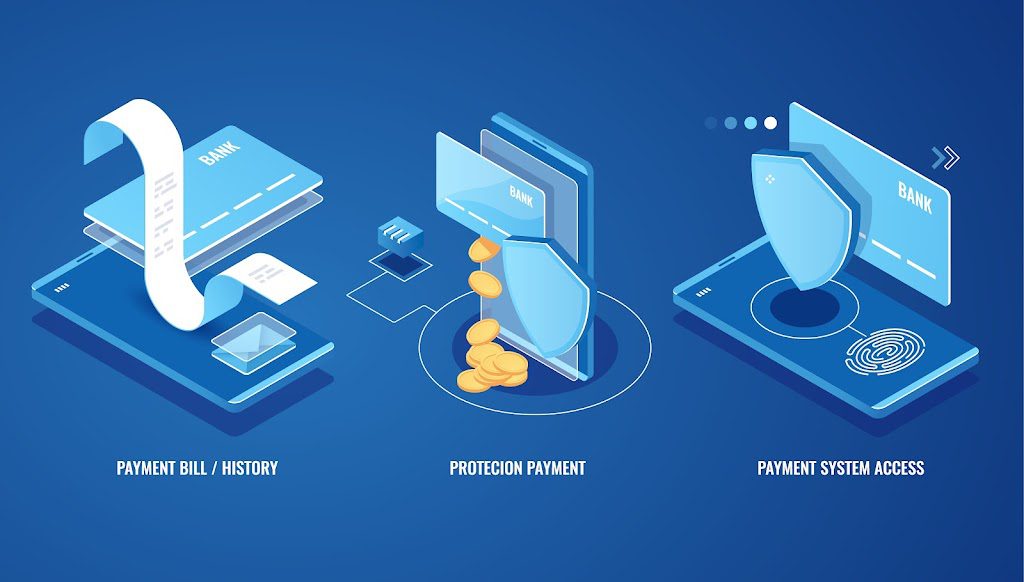Pros and cons of investing Commercial real estate refer to properties used for business purposes, such as offices, retail spaces, warehouses, and industrial buildings. financing in real estate can be a lucrative opportunity for those looking to diversify their portfolios and generate passive income.
However, investing in commercial real estate also involves a significant amount of risk and requires a long-term commitment. It’s important to understand the advantages and disadvantages of this type of investment. Therefore carefully consider your goals and risk tolerance before making a decision.
In this article, we will discuss some key factors to consider when evaluating the potential for commercial property investment. Including the potential for higher income, the importance of location, the challenges of management, and the importance of professional help.

Pro’s Of Investing In Commercial Real Estate Include
- Potential for higher income: Commercial real estate tends to generate higher rental income compared to residential properties making them a potential source of passive income.
- Long-term stability: Commercial property has historically proven to be a stable investment over the long term. They provide a hedge against inflation and a source of stable income.
- Diversification: Intrest in commercial property can help diversify an investment portfolio, reducing overall risk by spreading investments across different assets and industries.
- Appreciation: Like all real estate commercial properties can appreciate in value over time. They provide a source of capital growth.
- Tax benefits: Commercial real estate investment offers some tax benefits.Which is including the ability to write off mortgage interest and depreciation, and the potential for tax-deferred exchanges.
- Control over property: As an owner of real estates, you have control over the property. Who can make decisions about tenants, rents, and property improvements?
- Tangible asset: Commercial property is a tangible asset that can be seen, touched, and occupied. They provide a sense of security compared to more intangible investments like stocks and bonds.
- Potential for long-term tenants: Commercial tenants tend to lease properties for longer terms than residential tenants. They provide more stability and predictability for the property owner.
- Increased bargaining power: Commercial property owners have more bargaining power when negotiating with tenants. The tenant has more to lose in the event of a lease default.
- Potential for multiple streams of income: Commercial properties can generate income from multiple sources.For example such as rental income from tenants, income from on-site businesses, and income from parking or storage fees.
- Future development opportunities: Commercial property may provide opportunities for future development.For example such as adding additional buildings or converting the property to a different use.
- Option to lease to creditworthy tenants: Commercial property owners have the option to lease to creditworthy tenants.Reducing the risk of default and increasing the likelihood of stable, long-term income.
- Ability to leverage: Commercial property can be leveraged to increase the potential return on investment. As long as the property generates enough income to cover the costs of the loan.
Con’s Of Investing In Commercial Real Estate Include
- High upfront costs: Acquiring a commercial property can be expensive, requiring significant upfront investment and often requiring a larger down payment compared to residential properties.
- Maintenance and repairs: Commercial properties often require more maintenance and repairs than residential properties, which can be costly.
- Risk of tenant turnover: Tenant turnover in commercial properties can be a significant risk, as the loss of a tenant can result in a significant loss of income.
- Economic cycles: Commercial property is subject to the same economic cycles as the overall economy, and economic fluctuations can negatively impact the value and income from these properties.
- Management responsibilities: Invest in commercial properties often involves a significant amount of management responsibilities, including property maintenance, rent collection, and dealing with tenant issues.
- Location: Location is critical in commercial real estate interest. A well-located property in a growing area with a strong economy is more likely to perform well, while a poorly-located property in a declining area is more likely to struggle.
- Financing options: Financing options for commercial properties can be more limited compared to residential properties. They interest rates and terms may be less favorable.
- Competition: The commercial properties market is highly competitive, and finding a property that meets your investment goals can be challenging, especially in popular markets.
- Market knowledge: Investing in commercial properties requires a good understanding of the local real estate market, as well as knowledge of commercial property types and their potential for income and appreciation.
- Professional help: For those without experience in commercial properties, it may be wise to work with a professional real estate agent. Property manager, or financial advisor to help navigate the investment process.
- Legal and regulatory issues: Commercial property transactions are subject to a wide range of legal and regulatory requirements. It is important to understand and comply with these requirements to minimize risk and protect your investment.
Conclusion
In conclusion, investing in commercial real estate can be a great opportunity for those with the financial resources, market knowledge, and experience to make informed investment decisions. However, it’s important to thoroughly research the market, seek professional help, and carefully consider the risks and responsibilities involved before financing.
FAQs
What is commercial real estate?
Commercial real estate refers to properties used for business purposes, such as offices, retail spaces, warehouses, and industrial buildings.
What are the potential benefits of investing in commercial real estate?
The potential benefits of interest in real estate include the potential for higher income. The long-term stability, diversification, appreciation, and tax benefits.
What are the risks of investing in commercial real estate?
The risks of financing commercial properties include high upfront costs. They need ongoing maintenance and repairs, the risk of tenant turnover, exposure to economic cycles, and management responsibilities.
Why is location important in commercial real estate investment?
Location is important in commercial property investment because it can impact the property’s potential for income and appreciation. A well-located property in a growing area with a strong economy is more likely to perform well. While a poorly-located property in a declining area is more likely to struggle.

